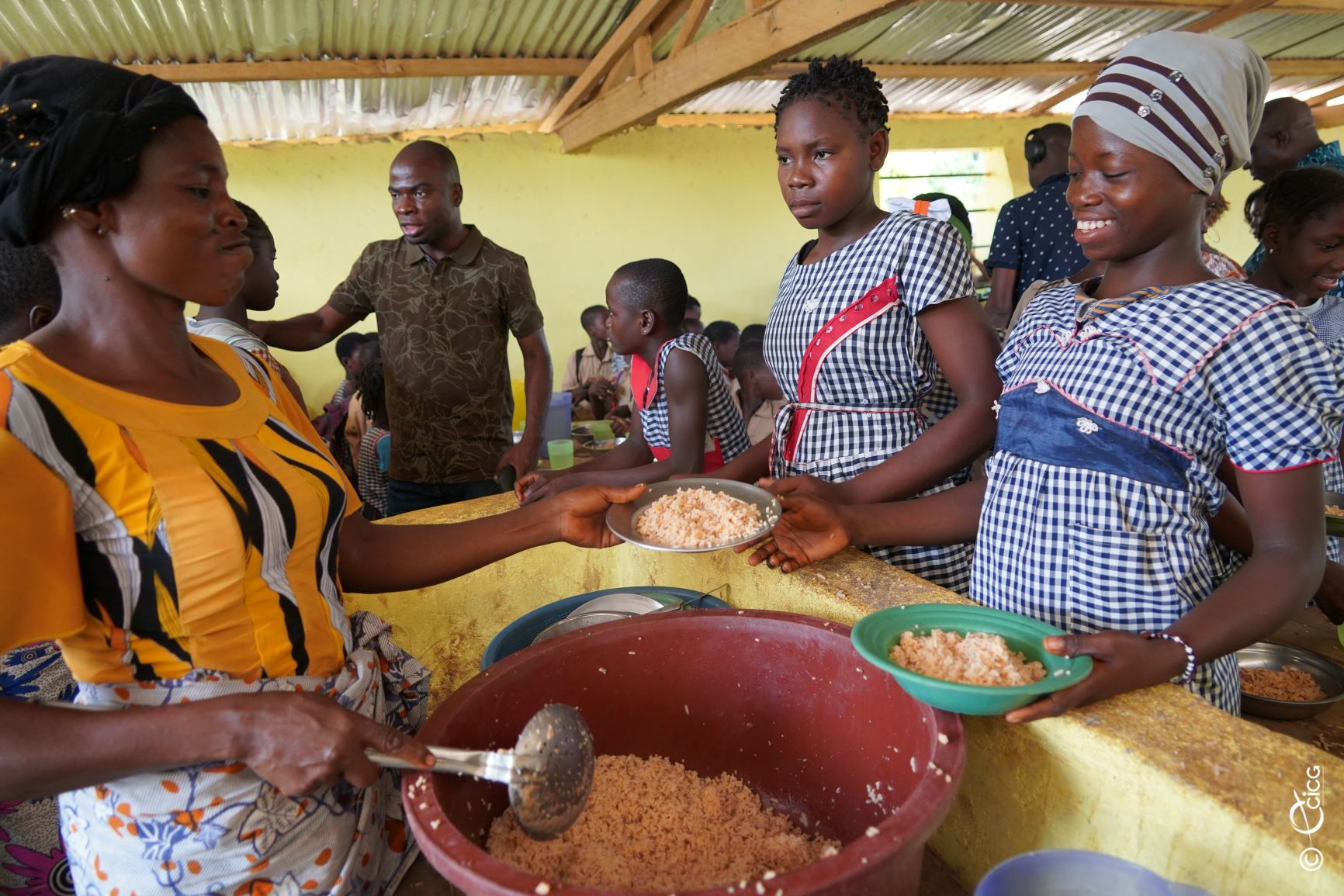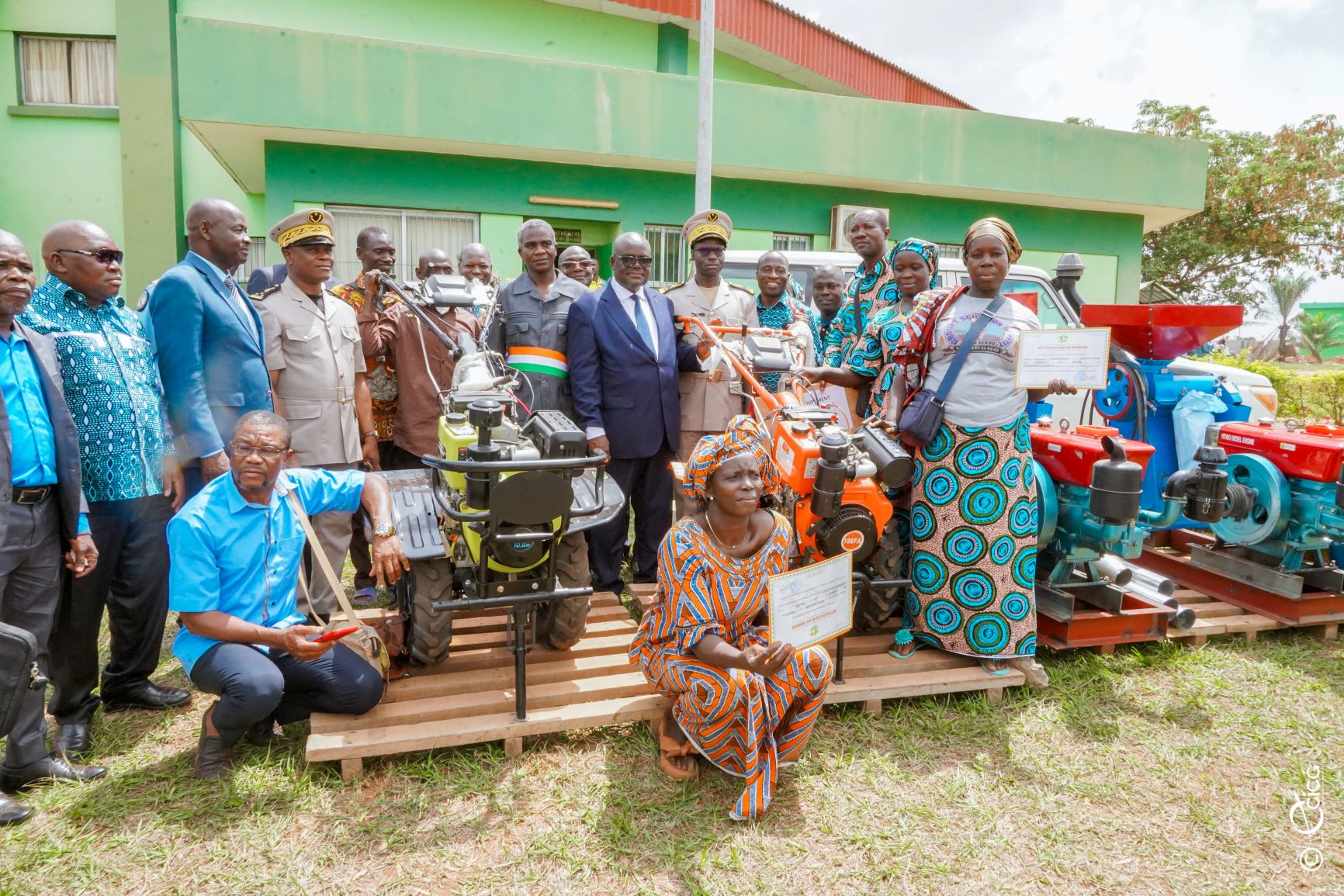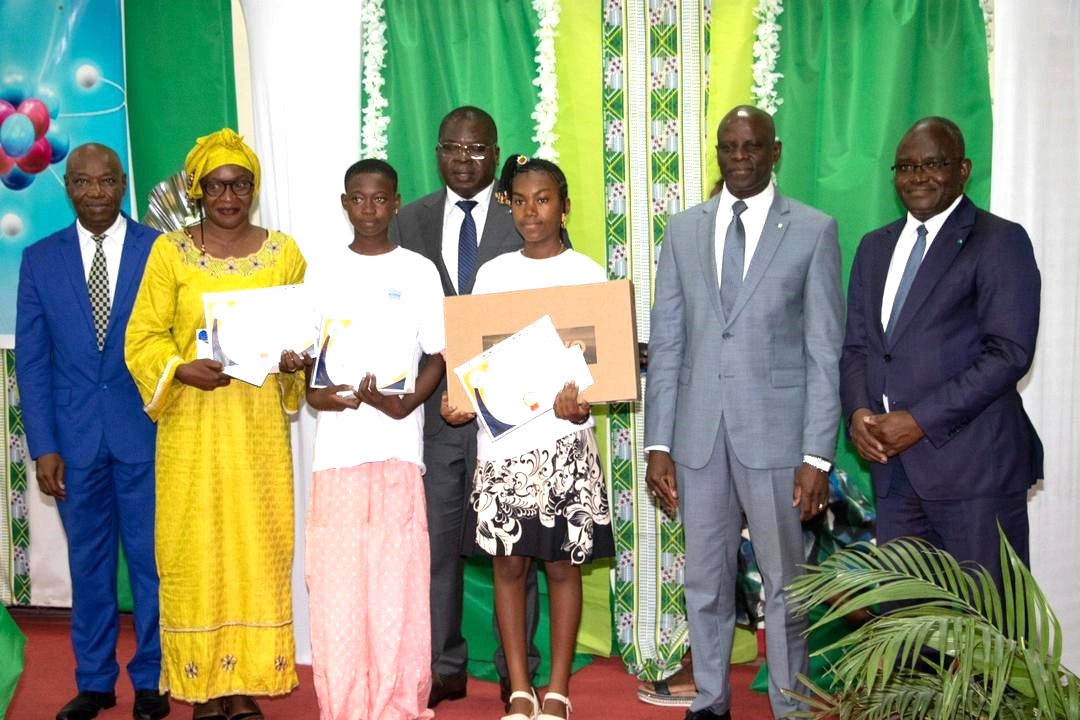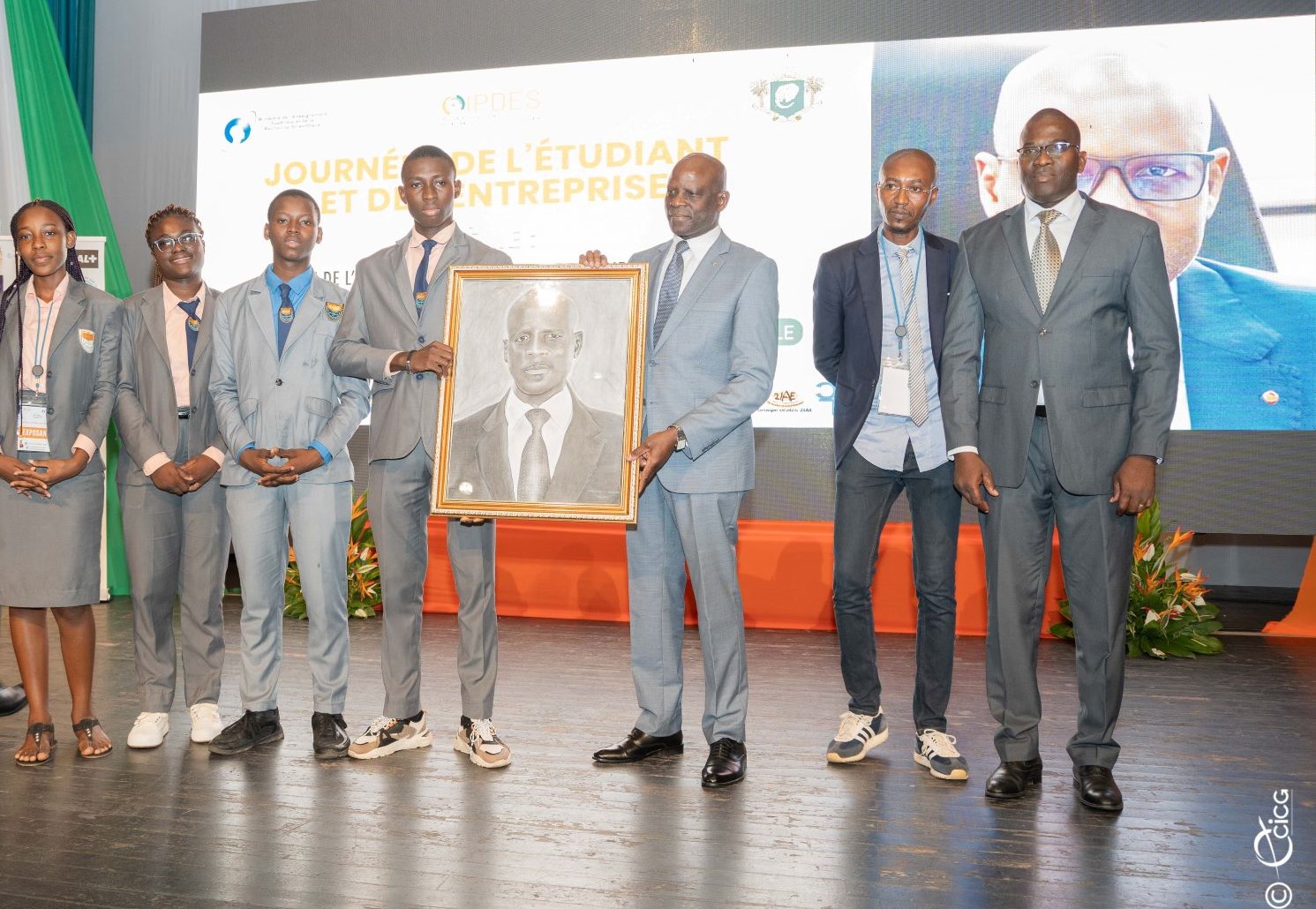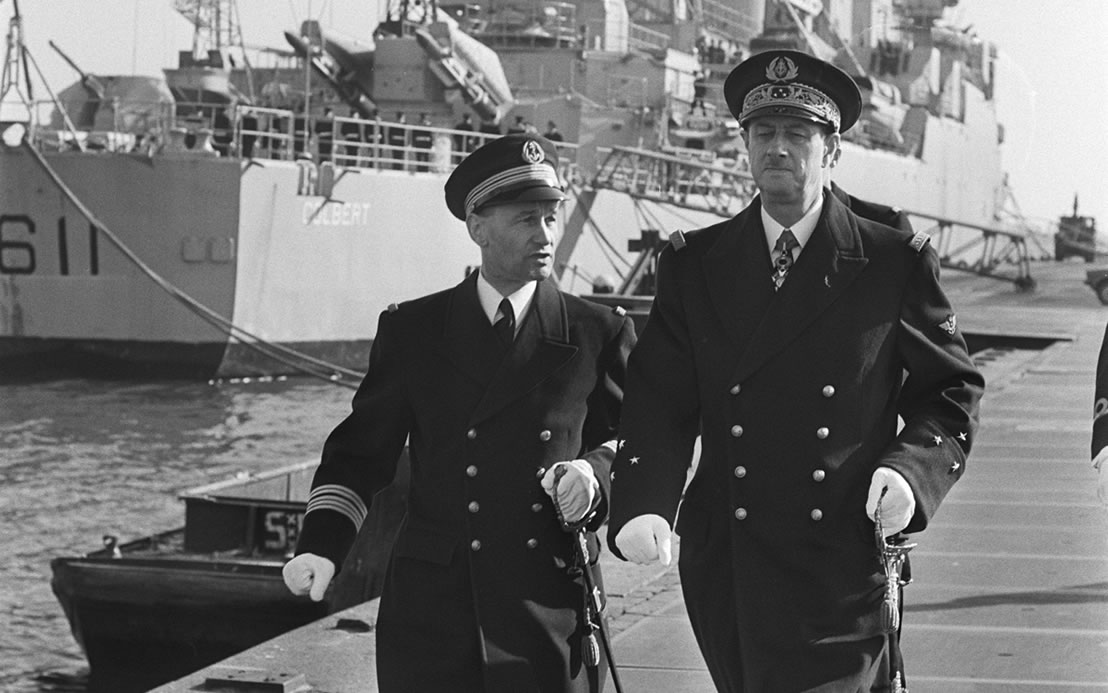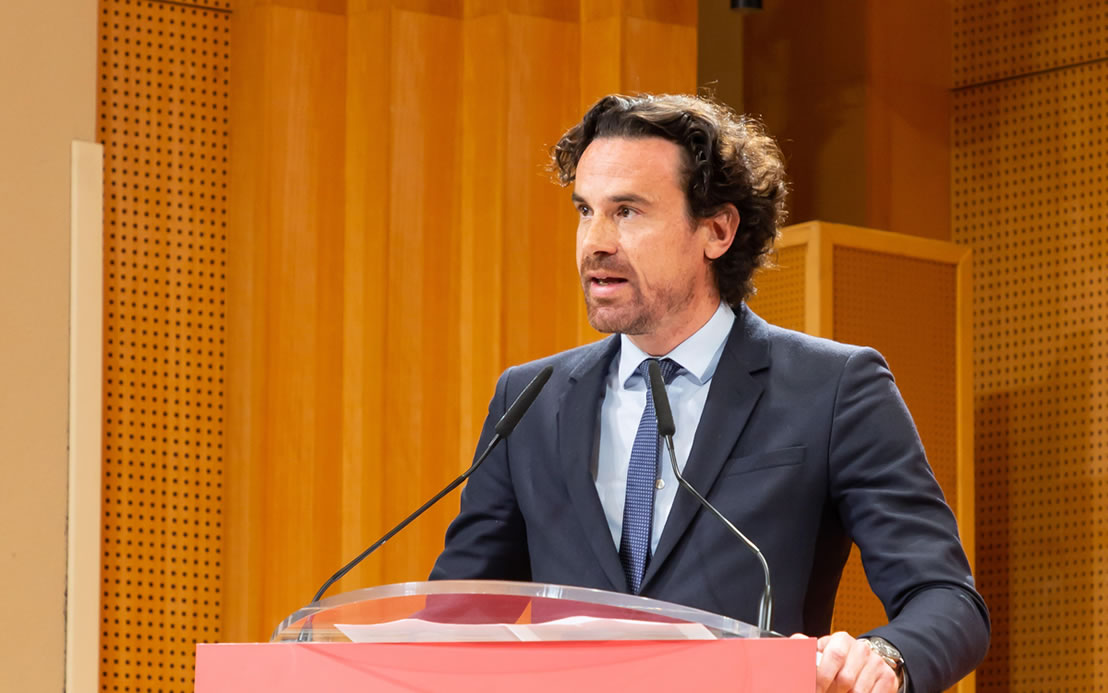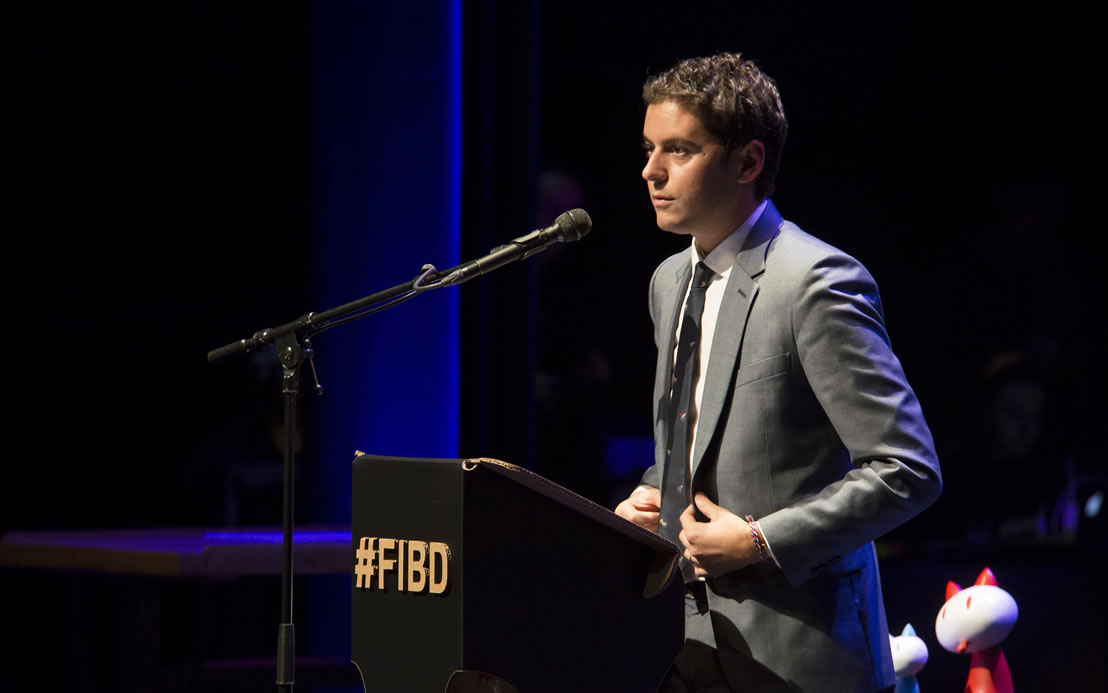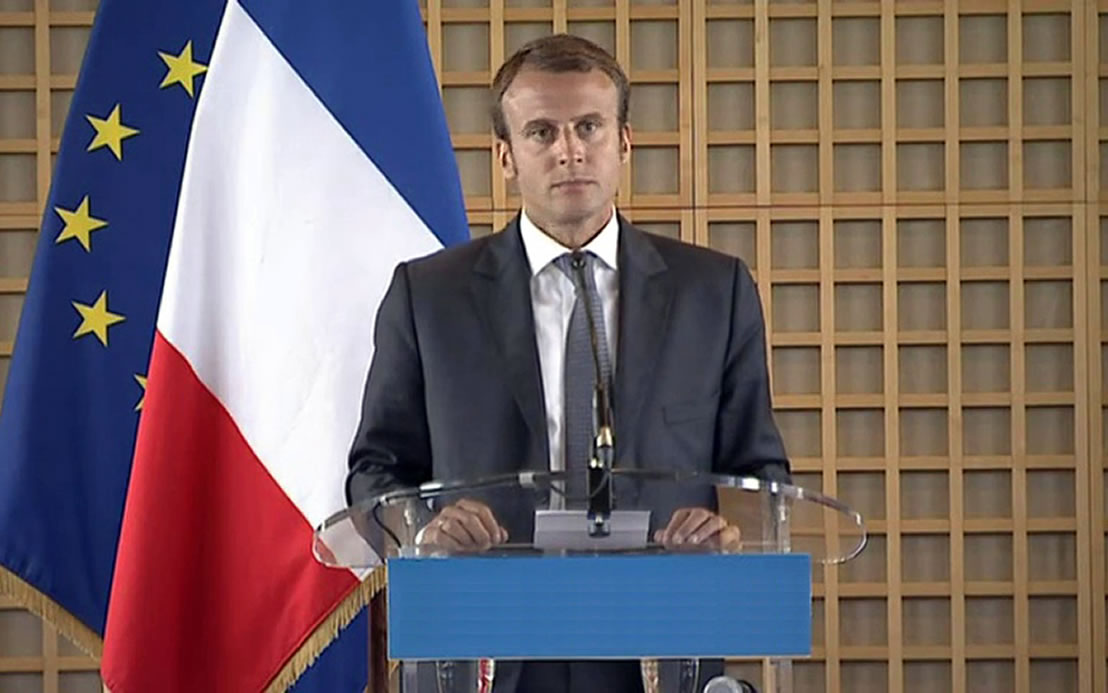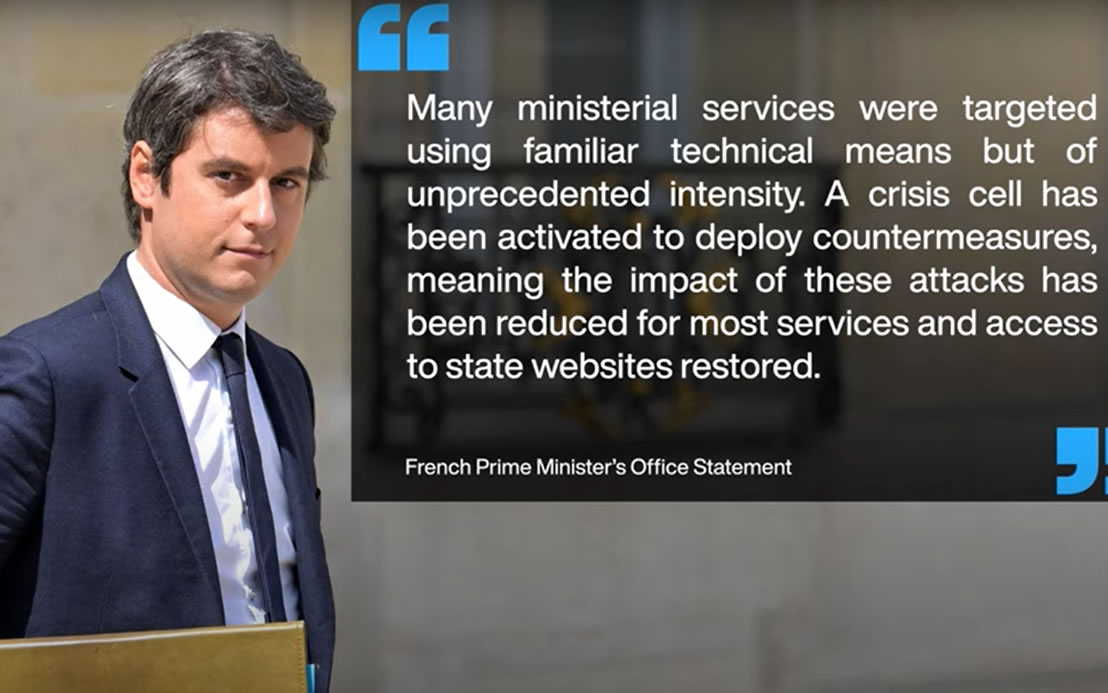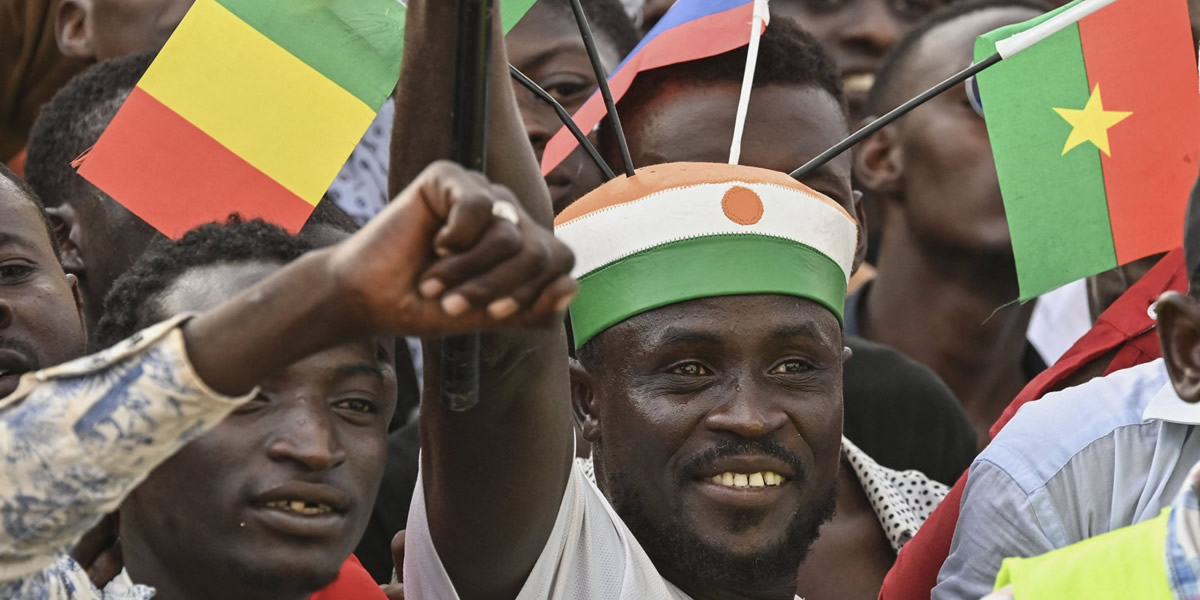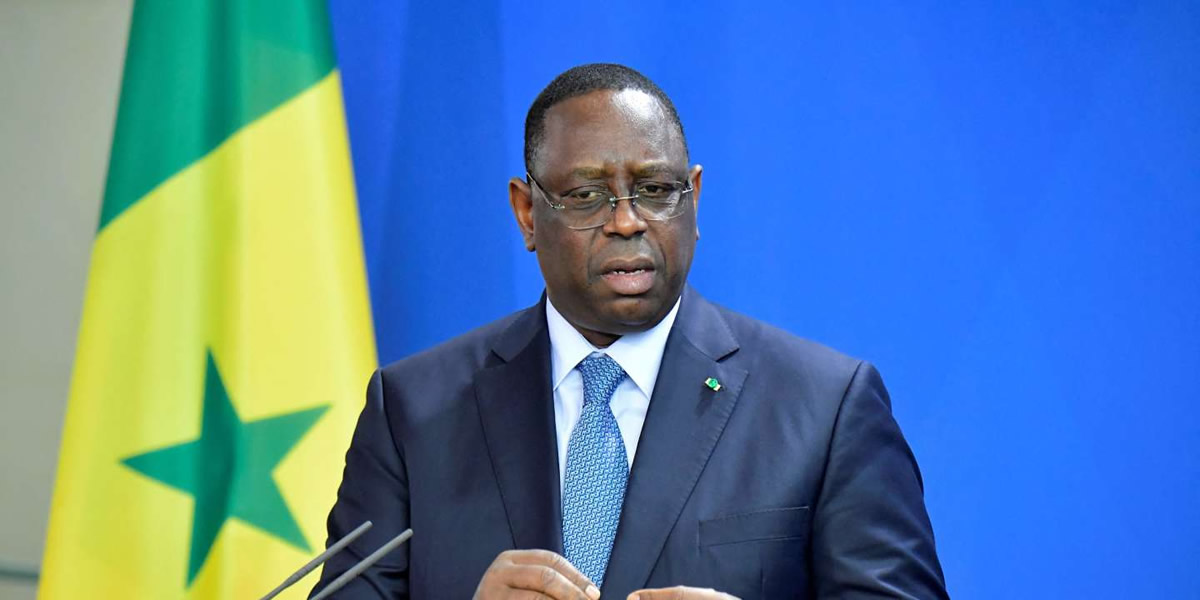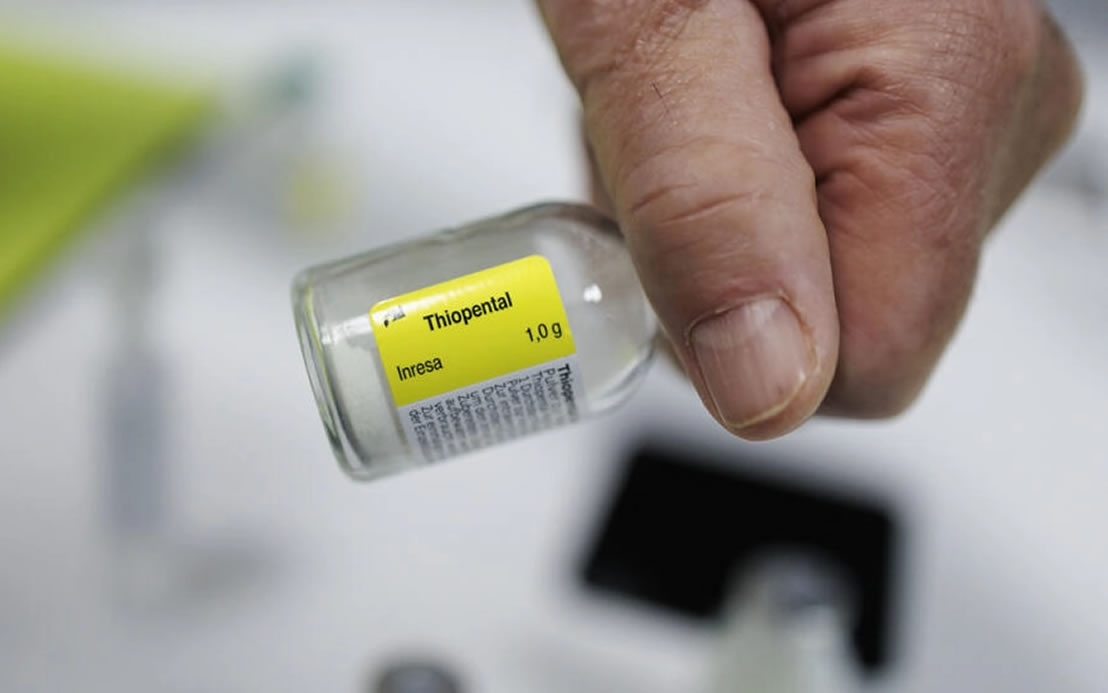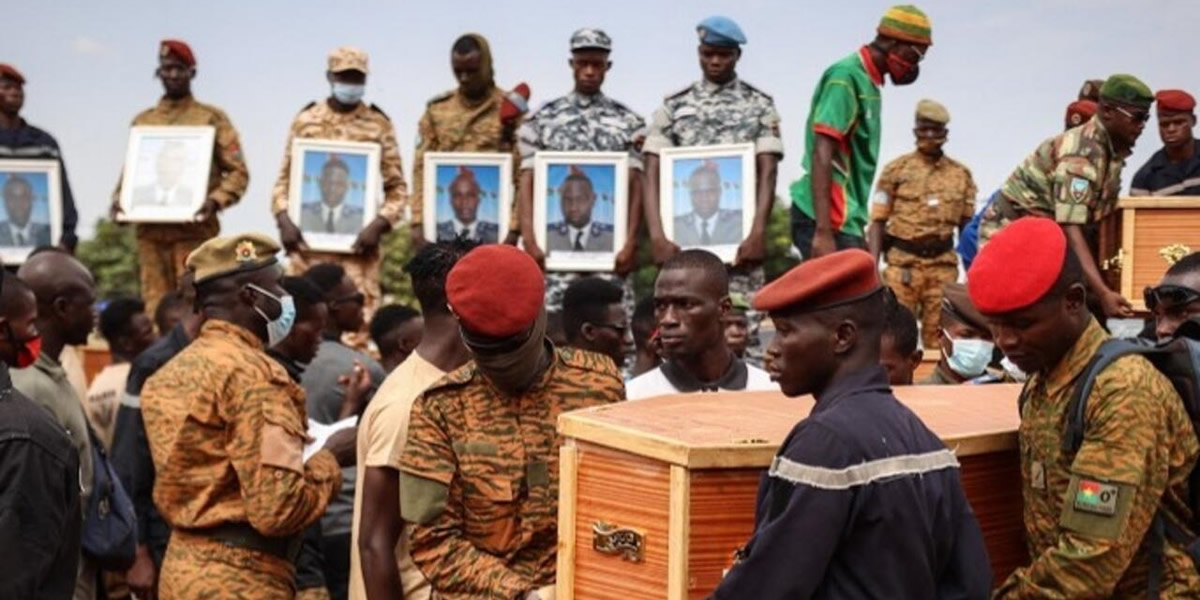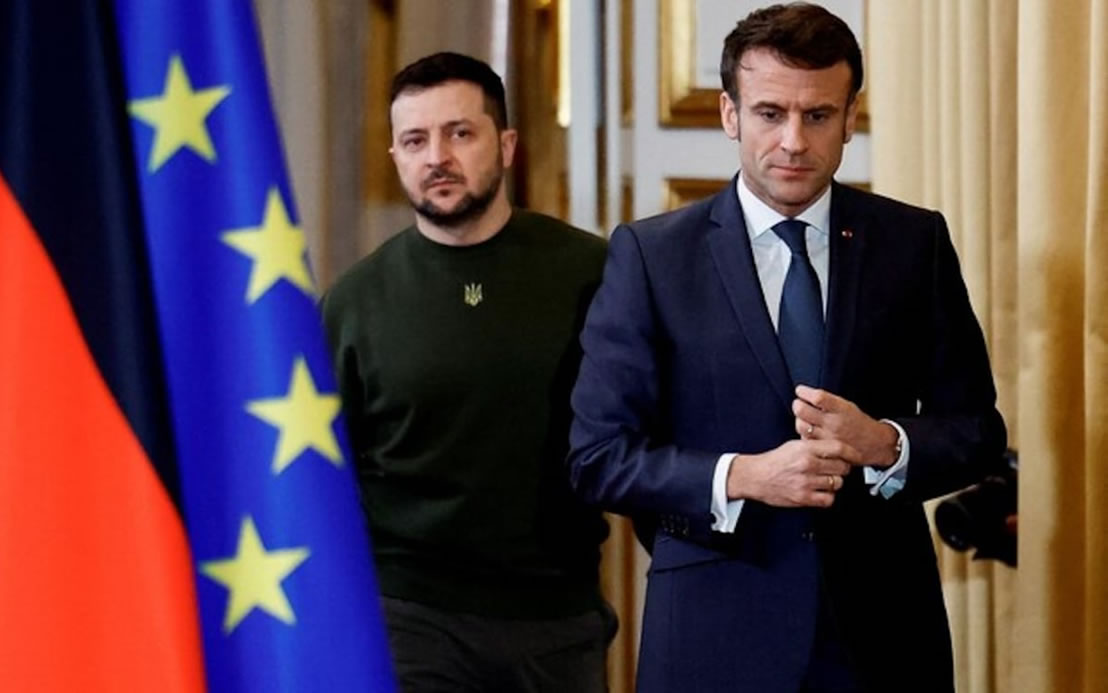Mamadi Doumbouya's Self-Appointment as Army General in Guinea
In a significant political development, Mamadi Doumbouya, the president of Guinea’s military transition government, has appointed himself to the rank of army general. Announced during a ceremony marking the 66th anniversary of the Guinean army, this promotion has stirred a wave of reactions across Guinea and the region. Doumbouya, who overthrew President Alpha Condé in 2021, has been serving as the transitional president, and his self-promotion is a momentous shift that could shape Guinea’s political landscape as it continues through a prolonged military transition.
Doumbouya's self-appointment as an army general represents much more than a symbolic gesture. For Guineans and political observers, this move raises questions about Guinea's future governance, the junta's promise to return the country to civilian rule, and the increasing probability of Doumbouya running in future elections.
Background: Military Transition and the Coup of 2021
The journey leading up to Mamadi Doumbouya's self-appointment as an army general began with the dramatic coup d'état on September 5, 2021, when then-Colonel Doumbouya and his military supporters ousted President Alpha Condé. The coup followed widespread dissatisfaction with Condé’s third term in office, which many viewed as an erosion of democratic principles. In the aftermath, Doumbouya was sworn in as the transitional president, and he initially promised to hand power back to civilian rule.
Now, two years into his leadership, Guinea remains under military governance. The recent self-appointment has led many to question the future of this promised transition, as well as the actual intent behind Doumbouya’s rule.
Mamadi Doumbouya’s Self-Promotion and Its Symbolism
During the ceremony celebrating the army’s 66th anniversary, Mamadi Doumbouya was officially decorated with the Croix de Guerre and elevated to the dignity of Grand Cross of the National Order of the Colatier. These awards, typically reserved for high-ranking officials recognized for their service to the nation, were presented to Doumbouya for his alleged efforts in fostering social cohesion and international cooperation.
The promotion of Doumbouya to the rank of army general on this significant occasion reflects a deep-rooted military pride in Guinea. This move has led some to see Doumbouya as a national hero who prioritizes the country’s unity and resilience. However, critics argue that his self-promotion raises troubling questions about his intentions and whether he envisions a prolonged role for himself in Guinea’s political future.
Political Implications of Doumbouya’s Self-Appointment
Doumbouya’s self-appointment as an army general goes beyond personal ambition—it speaks volumes about the political landscape of Guinea. By elevating his rank, he has further solidified his control over the Guinean army, strengthening his influence and potentially paving the way for a long-term role in governance.
Initially, the junta had assured the international community that Guinea’s military would only hold power temporarily, with a commitment to restore democratic governance by the end of 2024. Yet, statements from government officials suggest that Doumbouya may run for the presidency in 2025, an ambition that would be controversial given Guinea’s transitional charter, which prohibits military personnel from running in elections. This apparent contradiction has raised alarm among citizens and political observers, who view the self-promotion as a stepping stone to Doumbouya’s presidential bid.
Guinea’s Fourth Year of Military Transition
Since the 2021 coup, Guinea has experienced three years of military-led governance, with the fourth year commencing this past September. This period has been marked by political turbulence, social uncertainty, and questions about Guinea's democratic future. Despite the military’s pledge to relinquish power by 2024, recent developments indicate a possible extension of the transition period.
The slow pace of progress has led to growing skepticism among citizens, with some fearing that Guinea may be sliding back into authoritarianism. Prime Minister Oury Bah recently hinted at the junta’s desire to create a more inclusive democratic framework, citing a proposed constitutional referendum in late 2024. This new constitution, expected to allow broader participation, is being promoted as a means to guarantee that no one is excluded from the democratic process. Yet many Guineans are wary, suspecting that this maneuver could be a strategic way for Doumbouya to solidify his control over the country.
The Possibility of Mamadi Doumbouya’s Presidential Candidacy
One of the most contentious issues surrounding Mamadi Doumbouya’s self-appointment as army general is the implication it has for his political future. Both government and presidential spokespersons have openly expressed support for his potential candidacy, fueling speculation that Doumbouya intends to transition from a military to a civilian leader.
Although the Guinean constitution currently prohibits military personnel from running for office, Doumbouya’s self-promotion to the rank of general may provide him with a means to sidestep this restriction. Should the new constitution pass, it could potentially clear the way for his candidacy in the 2025 elections. His supporters argue that Doumbouya has brought stability to Guinea and deserves the opportunity to lead in a civilian capacity. However, opposition voices fear this will entrench military influence in Guinea’s politics, making a civilian-led government less likely.
The Path Forward for Guinea: Uncertainty and Hope
Guinea now stands at a crossroads, where the actions of its current leaders will determine the country’s future. With Doumbouya’s self-appointment as army general and the possible changes to the constitution, the Guinean people face an uncertain path ahead. For some, this shift offers a glimmer of hope that stability and development can be achieved under Doumbouya’s leadership. For others, it represents a betrayal of the promise of a democratic transition, raising the specter of prolonged military rule.
Observers argue that for Guinea to move forward, Doumbouya must honor the commitment made to the people and the international community by stepping aside and allowing a civilian government to take charge. The promise of a referendum in late 2024 may bring some clarity, but the path remains fraught with challenges. As Guinea enters its fourth year of military transition, questions linger as to whether Doumbouya’s intentions align with the democratic aspirations of the Guinean people.
Regional and International Reactions to Doumbouya’s Self-Promotion
Doumbouya’s self-appointment has also drawn attention beyond Guinea's borders. West African nations, as well as organizations like the African Union, have expressed concern over Guinea’s prolonged military rule. The international community continues to monitor Guinea’s progress, urging the transitional government to respect its commitment to return power to the people.
However, Doumbouya’s recent actions suggest a possible shift away from these promises. As tensions rise and international pressure mounts, Guinea’s leadership faces mounting expectations to demonstrate its commitment to democratic principles. The path forward for Guinea remains uncertain, as regional allies and international organizations seek to encourage peaceful and democratic reforms.
Conclusion: The Future of Guinea’s Political Landscape
Mamadi Doumbouya’s self-appointment as army general underscores the complexities of Guinea’s ongoing military transition. While he is celebrated by some for his role in stabilizing the country, his recent actions signal a potential shift away from the promised transition to civilian governance. The months ahead will be critical for Guinea, as Doumbouya’s leadership, the new constitution, and a possible 2025 election shape the country’s future.
For Guineans, the stakes are high. The decisions made in the coming months could either pave the way for a genuine democratic transition or cement military influence in Guinea’s governance for years to come. As Guinea’s future unfolds, both supporters and critics of Doumbouya will be watching closely, waiting to see if he will ultimately honor his promise to return power to the people.






